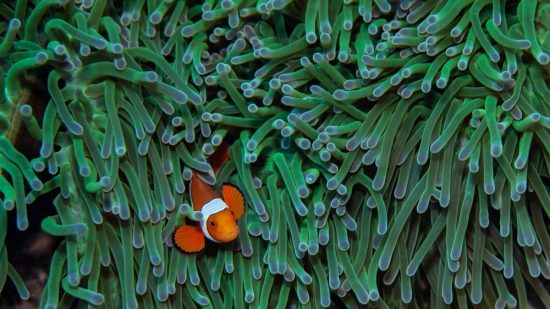Clown fish can not adapt to rapid environmental changes
The well-liked anemonefish, which became popular through the films “Finding Nemo” and “Finding Dorie”, does not have the genetic ability to adapt to rapid changes in its environment, according to a recent study by the French National Center for Scientific Research (CNRS ) and the Woods Hole Oceanographic Institution (WHOI).
An international research team watched clown fish in the lagoons of Kimbe Bay, a hotspot for biodiversity in Papua New Guinea, for more than a decade. Using genetic analysis of the DNA of the population, the researchers were able to calculate their potential to adapt to changes in the habitat. They found that large families of clown fish, spanning many generations, were linked by high-quality habitats rather than shared genes.
“The results reported here were made possible by an enormous sampling and DNA sequencing effort that has not been done for any marine species,” says WHOI biologist Simon Thorrold, co-author of the study. “The biggest surprise for us was also the most disturbing one: conservation efforts can not rely on genetic adaptation to protect clown fish from the effects of climate change – it seems Nemo will not be able to save itself.”
The quality of the anemone that gives clown fish a home contributes significantly to their survival and renewal ability at an average of 50 percent. If anemones remain healthy, the clown fish population will remain. However, when the anemones and coral reefs they call home are affected by global warming, the clownfish are in trouble.
“Nemo is thus at the mercy of a habitat that is deteriorating from year to year, and it would be unreasonable to expect a clown fish to adapt genetically fast enough to remain in the lagoons, so the fish survival chance is dependant only from our ability to maintain the quality of its habitat,” explains Benoit Pujol, evolutionary geneticist at the CNRS.


